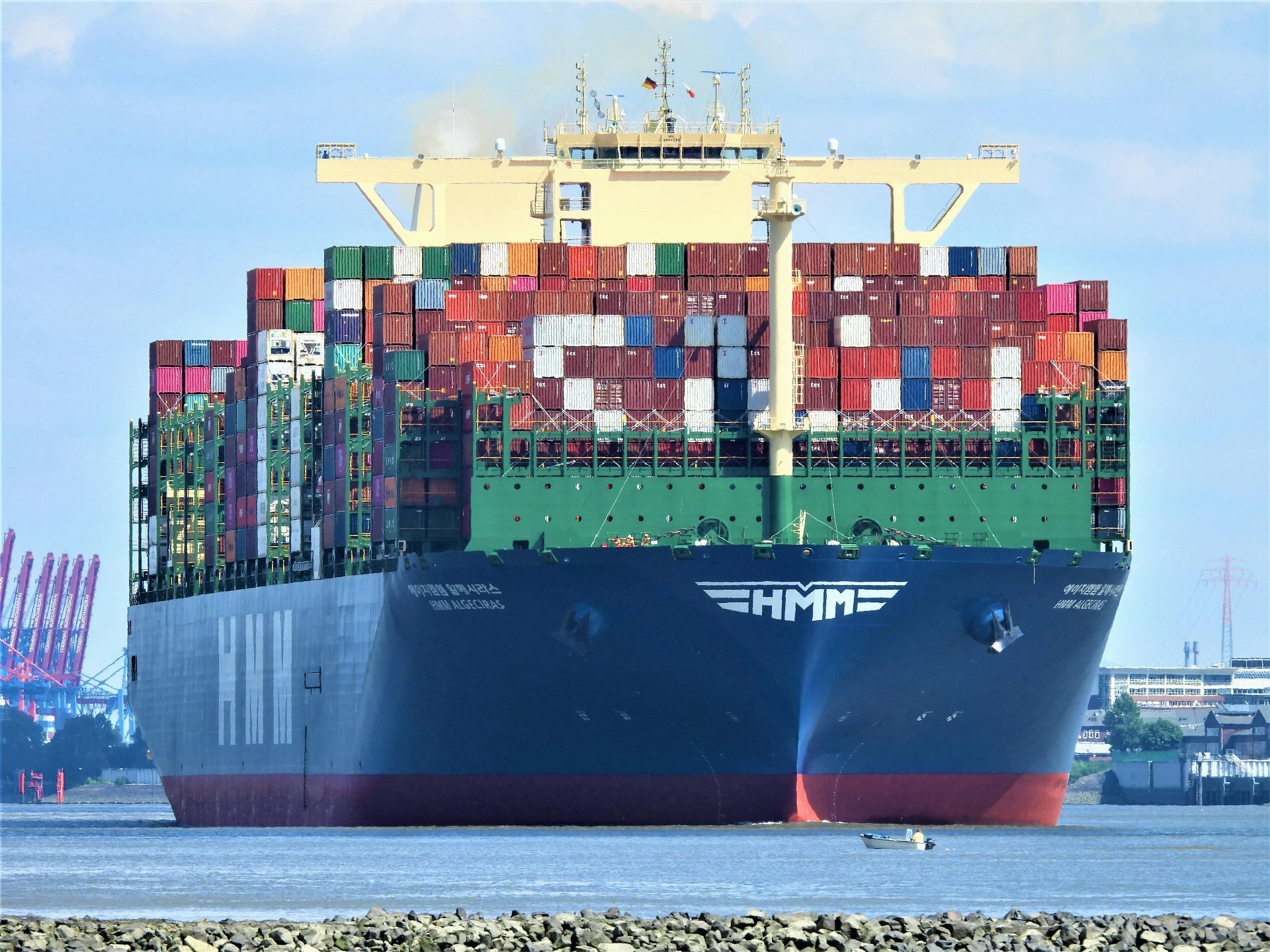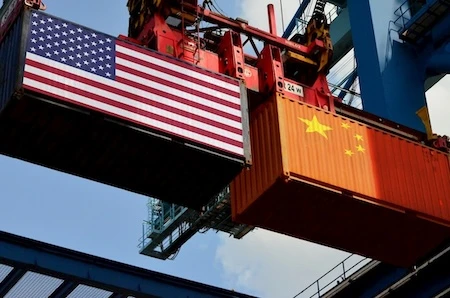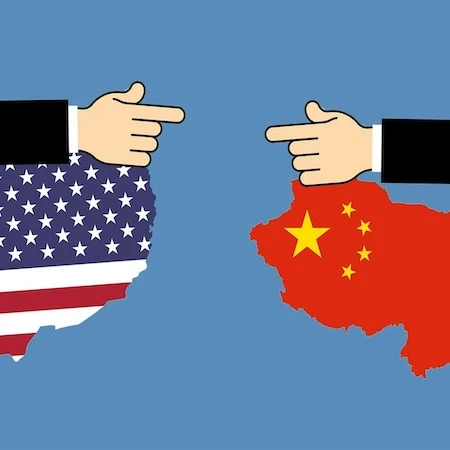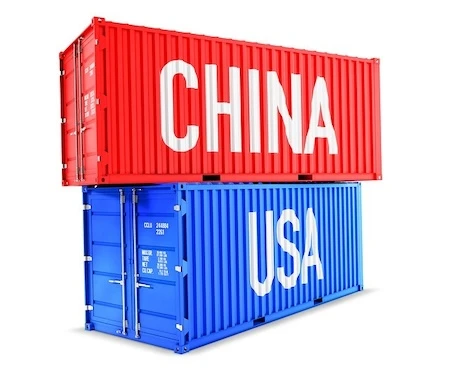

The United States-Mexico-Canada Trade Agreement (USMCA) Replaces the North American Free Trade Agreement (NAFTA)

By an overwhelming majority, the United States Senate voted to pass the implementing legislation for the USMCA or the United States-Mexico-Canada Trade Agreement on Jan. 16.
As a result, the U.S. and its North American neighbors get to benefit from an array of more modernized trade conditions. By many, the USMCA is viewed as an updated and more applicable version of the previous trade deal between the three countries, known as NAFTA.
What many are left with, is what the actual difference is between the two trade deals. Here’s a brief rundown of the main shifts between the two agreements.
Product Blocking
In compliance with the given protocol, the USMCA will allow for the blocking of certain products during entry to the United States in any given situation. Mexico instantly accepted the condition, as before any type of product blocking can take place, the “offending facility” must first have been found in violation by labor panels in two different cases.
Labor Law Changes
One of the main differences between NAFTA and USMCA take place within the labor sector. In turn, the crucial point in this was the fact that Mexico was pushed to recognize the right to collective bargaining. The 2019 USMCA protocol has since introduced several options or enforcement mechanisms for the countries to engage in, including a rapid response system which comprises of independent panels to be open to receiving complaints and to respond or investigate these mentions of labor rights violations. As a result, the U.S. will send investigating parties to Mexico to monitor the country’s compliance with the obligations as prompted by the new agreement. The USMCA will also prohibit the transportation and importation of any goods that are produced under forced labor.
Automotives - Rules of Origin
One of the principal ideas of USMCA prompts that 70% of all steel and aluminum used in vehicles must come from North America for the automotive to be considered “originating.”
There will also be a documented change in the volume of automotive content in North America. According to USMCA protocol, the automotive products will reach 75% North American Content, which is an increase from NAFTA’s protocol of 62.5%. Additionally, there will be a 40% high-wage content, making the wage at least $16 an hour.
Intellectual Property
While NAFTA held an array of points that protected intellectual property, it was falling behind on its terms as technology continued to significantly advance during the years of the Agreement’s activeness. As a result, the USMCA includes and highlights major provisions in regard to the rapid advancement of innovation. This includes the protection of patents and trademarks within the biotech and domain arenas. The USMCA provision protects biographic contents and products such as specialty drugs and medicine made with or out of living organisms and cells. Additionally, the USMCA requires each signatory to maintain an online database of contact information for each of the domain names used in each transaction. It also requires the implementation of a domain name dispute mechanism.
Environment
As a response to common concern to the growing environmental changes, the USMCA has made major provisions to NAFTA’s environment section. The USMCA will require all three participating countries to maintain procedures for assessing the environmental impact of certain goods that are being imported. In addition, it proposes an assessment of proposed projects and their impact on the environment. This is done in order to reduce ship pollution, protecting the marine environment, and to harmonize air quality. As for the labor provisions, the U.S. will send certain parties abroad to monitor and enforce the aforementioned rules.
The USMCA has a “sunset clause” of 16 years, after which the agreement will cease to have an effect on the international trade conditions between the three countries unless it is renewed by all three participants.

Based on the latest insights from the 2025 National Trade Estimate Report, here’s a practical breakdown of the most pressing trade challenges across the United States’ top 10 goods trading partners.

This serves as a promising stepping stone in the resolution of the ongoing Trade War between the two countries. On Dec. 13, the U.S. and China reached what leaders of both countries call the “Phase One” of a long-awaited trade agreement, which serves as

Ongoing trade tensions between the United States and China continue to be the defining story of the 2019 global economy. What started off as an ongoing dialogue about the economic relationship between the two largest economies in the world has transformed

The International Longshoremen's Association began their strike October 1, 2024, affecting ports running along the east coast and Gulf regions of the United States. See what ports are affected and what this strike can mean for shippers.

The Trade Deal signed between the two governments has become subject to much discussion as critics say that it's vague and doesn't address the actual problems.

Explore how the 2025 U.S.-U.K. Economic Prosperity Deal reshapes tariffs, boosts exports, and opens new opportunities for automotive, aerospace, and metals trade.

a detailed timeline of U.S. global trade policy changes from April to August 2025, including new tariffs, international negotiations, and their economic impact.

The U.S. will impose 10% tariffs on lumber and 25% on furniture starting October 14, 2025, a move set to impact housing costs, supply chains, and trade relations.

Trump’s latest trade deal with China and South Korea cuts tariffs, boosts U.S. exports, and deepens security and economic cooperation.

We examine how US-China trade tariffs have affected freight and logistics around the world.